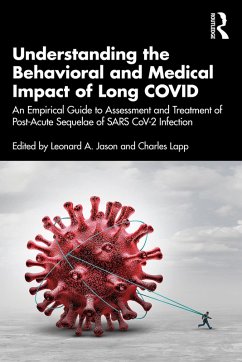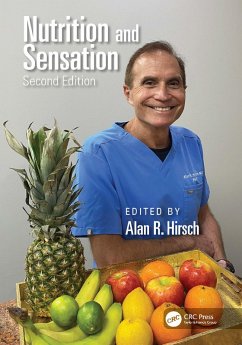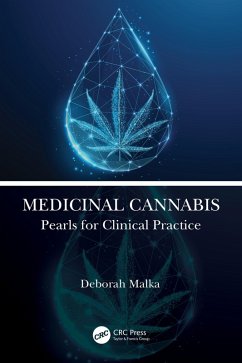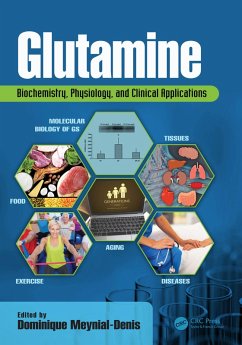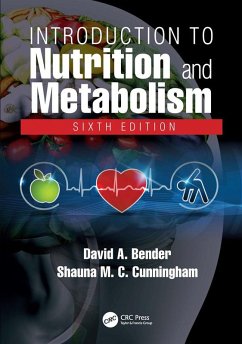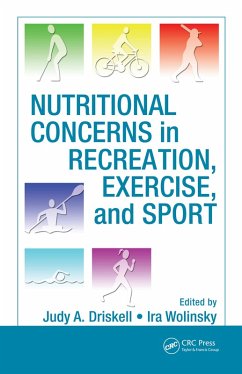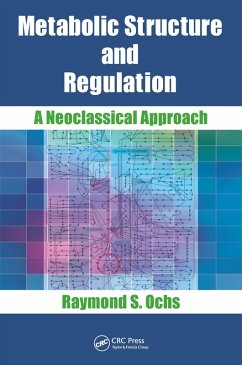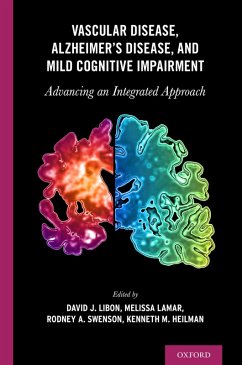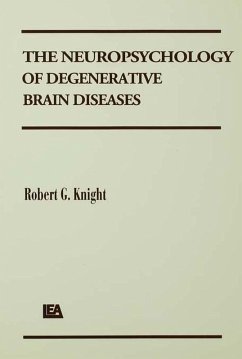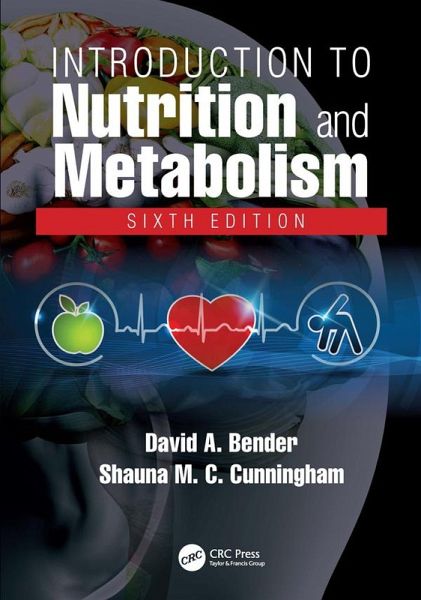
Introduction to Nutrition and Metabolism (eBook, PDF)

PAYBACK Punkte
36 °P sammeln!
Introduction to Nutrition and Metabolism equips readers with an understanding of the scientific basis of what we call a healthy diet. Now in its sixth edition, this highly recognized textbook provides clear explanations of how nutrients are metabolized and gives the principles of biochemistry needed for comprehending the science of nutrition.This full-color textbook explores the need for food and the uses to which food is put in the body, as well as the interactions between health and diet. Outlining the scientific basis behind nutritional requirements and recommendations, this new edition has...
Introduction to Nutrition and Metabolism equips readers with an understanding of the scientific basis of what we call a healthy diet. Now in its sixth edition, this highly recognized textbook provides clear explanations of how nutrients are metabolized and gives the principles of biochemistry needed for comprehending the science of nutrition.
This full-color textbook explores the need for food and the uses to which food is put in the body, as well as the interactions between health and diet. Outlining the scientific basis behind nutritional requirements and recommendations, this new edition has been extensively revised to reflect current knowledge.
Features:
Following its predecessors, this sixth edition is relevant to any student or practitioner interested in how diet influences our health, including in the fields of nutrition, dietetics, medicine and public health.
This full-color textbook explores the need for food and the uses to which food is put in the body, as well as the interactions between health and diet. Outlining the scientific basis behind nutritional requirements and recommendations, this new edition has been extensively revised to reflect current knowledge.
Features:
- Lists key objectives at the beginning, and summary points at the end of each chapter.
- Accompanying online resources include interactive tutorial exercises based on interpretation of clinical and research data.
- Covers topics including: Chemical reactions and catalysis by enzymes; the role of ATP; digestion and absorption of carbohydrates, fats and proteins; issues associated with being overweight; problems of malnutrition; diet and health; and vitamin and mineral requirements and functions.
- Updated sections focus on the interaction of the gut microbiome and epigenetics with our metabolic responses to diet.
- Provides a foundation of scientific knowledge for the interpretation and evaluation of future advances in nutrition and health sciences.
Following its predecessors, this sixth edition is relevant to any student or practitioner interested in how diet influences our health, including in the fields of nutrition, dietetics, medicine and public health.
Dieser Download kann aus rechtlichen Gründen nur mit Rechnungsadresse in A, B, BG, CY, CZ, D, DK, EW, E, FIN, F, GR, HR, H, IRL, I, LT, L, LR, M, NL, PL, P, R, S, SLO, SK ausgeliefert werden.




